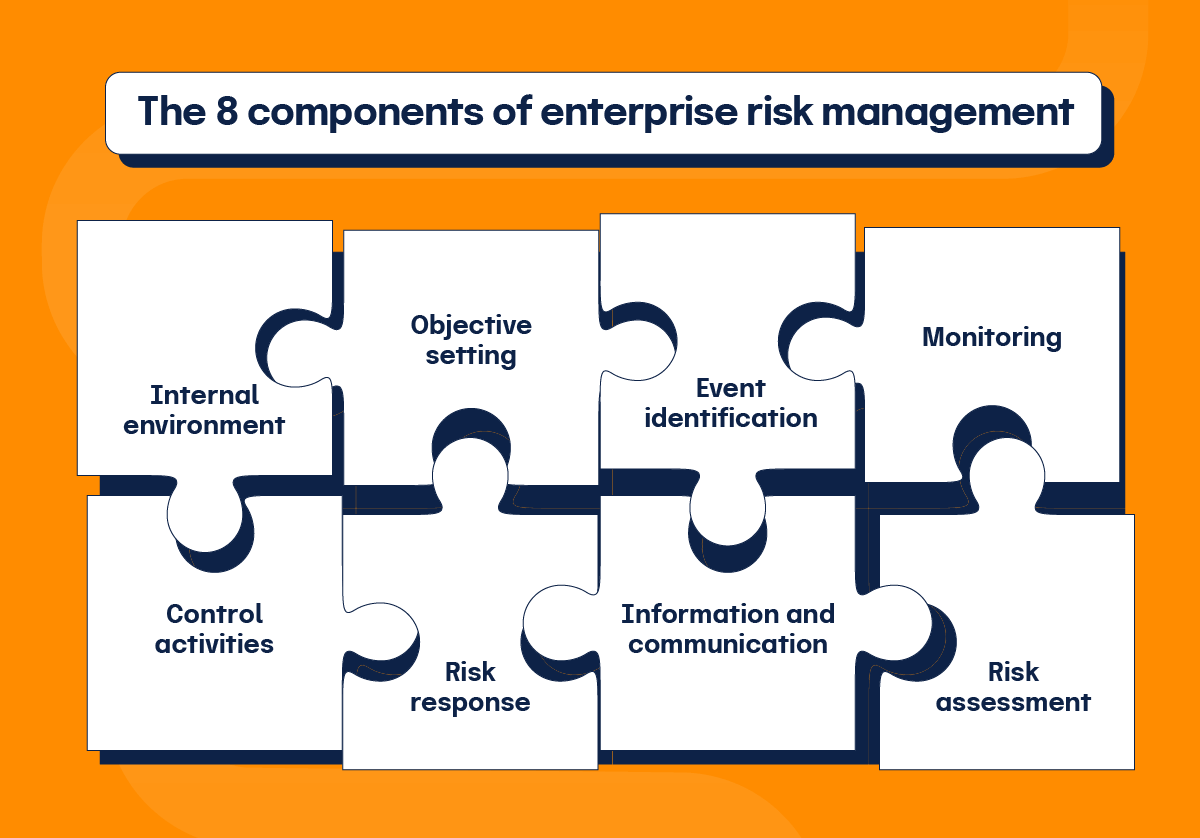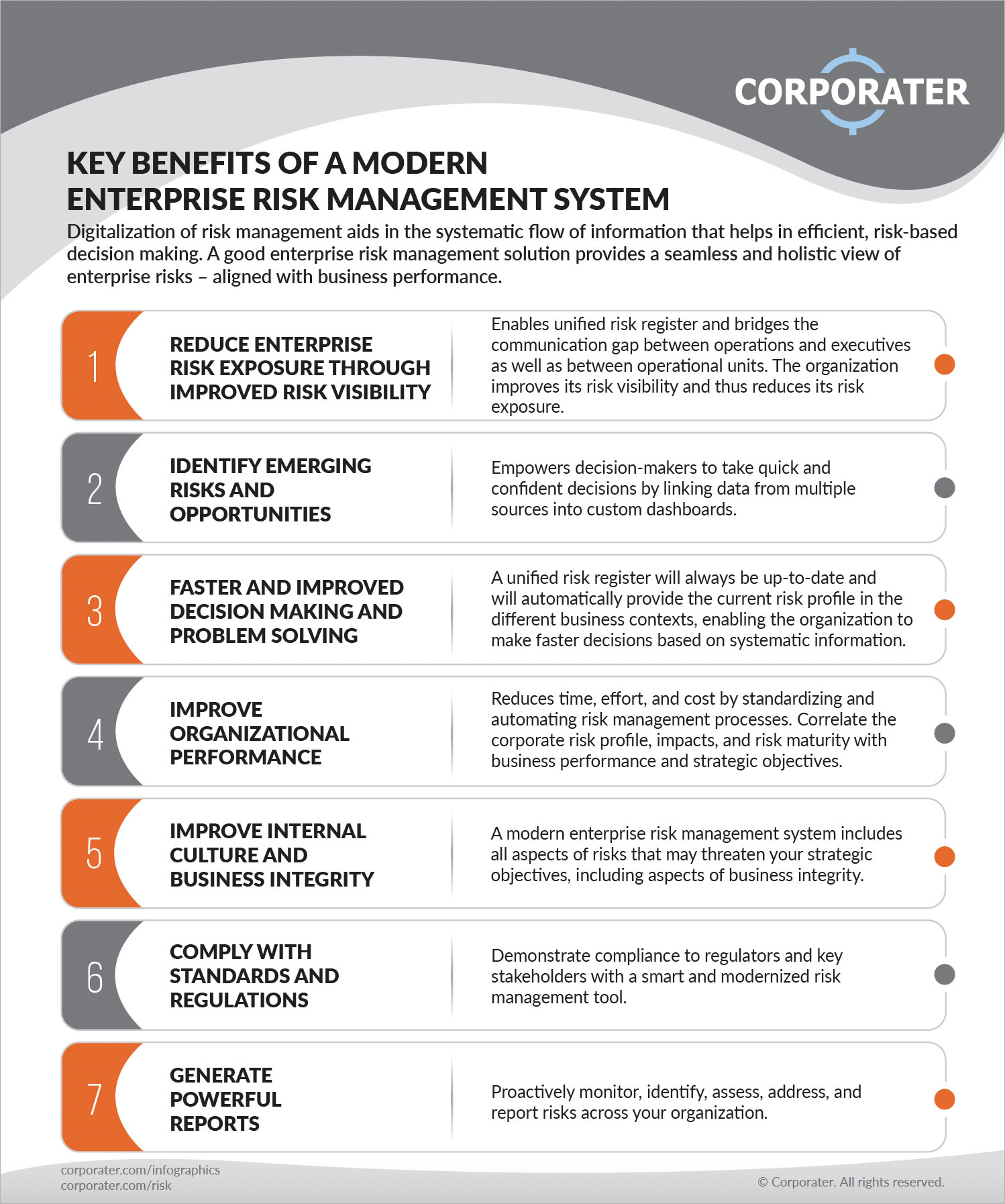Discover the Duty of AI in Promoting Ethics and Honesty to Fight Expert Threats Successfully
The assimilation of AI in organizational structures has actually become pivotal in addressing insider hazards. By employing sophisticated analytics and real-time surveillance, AI systems can identify variances from honest habits amongst employees (Insider threats). This proactive strategy not just improves compliance yet also fosters an atmosphere of depend on. As business progressively depend on these modern technologies, concerns occur about their effectiveness and possible effects for workplace culture. What lies ahead in the advancement of AI's function in advertising honesty?
Comprehending Insider Hazards and Their Influence On Organizations
Although companies usually concentrate on outside threats, expert threats posture a considerable danger that can weaken security and stability. These threats arise from people within the company, such as specialists or staff members, who may abuse their accessibility to delicate details for individual gain or destructive intent. The impact of insider dangers can be severe, leading to monetary losses, reputational damage, and lawful ramifications.
Aspects adding to expert dangers consist of dissatisfaction with the workplace, lack of oversight, and insufficient worker training on protection procedures. Organizations frequently have a hard time to determine these risks, as they can be difficult to identify till significant damages has happened. Avoidance approaches should concentrate on promoting a culture of trust fund and accountability, alongside implementing robust tracking and reporting systems. By recognizing and dealing with the complexities of insider threats, companies can enhance their safety posture and secure their valuable possessions from interior risks.
The Evolution of AI in Office Protection
As companies increasingly face varied safety and security challenges, the integration of expert system (AI) in work environment safety and security has evolved significantly. At first, AI applications focused mostly on automating standard safety procedures, such as access control and security. Developments in device knowing and information analytics have actually transformed AI into an aggressive tool capable of identifying potential hazards and susceptabilities in real-time.
Organizations now leverage AI-driven systems to assess vast amounts of data, enabling them to identify strange actions that might indicate expert hazards. This development has actually led to the development of advanced algorithms that can pick up from historic occurrences, boosting the system's anticipating capabilities. In addition, AI tools are significantly used to enhance occurrence response procedures, enabling security groups to act quickly and successfully.
Exactly How AI Monitors Employee Behavior for Ethical Compliance
Man-made intelligence plays a vital function in checking employee actions to guarantee honest conformity within companies. AI systems evaluate vast quantities of information generated by staff members, consisting of communications, transactions, and access to delicate details. By using sophisticated algorithms, these systems can recognize discrepancies from developed ethical standards and company policies.
Equipment learning versions continually adapt to identify patterns of behavior that may indicate honest violations, such as unapproved information gain access to or uncommon transaction activities. Insider threats. Additionally, AI-driven tools can supply real-time notifies to administration, assisting in timely interventions when prospective dangers are discovered
The integration of AI right into compliance surveillance not just boosts the company's ability to support honesty however additionally cultivates a society of responsibility amongst staff members. By promoting openness, AI systems act as a deterrent versus dishonest habits, ensuring that workers continue to be aligned with moral criteria and business values.
Examining Patterns: Identifying Risky Habits With AI
A growing variety of companies are leveraging AI to examine patterns that might show high-risk actions among staff members. By using sophisticated algorithms, these systems can sort with huge quantities of information, recognizing abnormalities in customer actions that can suggest prospective insider hazards. For example, AI can discover unusual accessibility patterns to delicate info, such as workers accessing files outside their common extent of job or during atypical hours. Furthermore, behavior analytics can highlight regular changes in a worker's communication style or collaboration behaviors, which might represent underlying issues. This proactive technique makes it possible for organizations to pinpoint danger elements before they escalate right into substantial hazards. Consequently, the integration of AI right into keeping track of methods not only enhances safety yet additionally fosters a culture of accountability and moral behavior. By identifying these patterns, companies can much better understand the behavior characteristics within their labor force, inevitably advertising a much safer and a lot more ethical job environment.
Real-Time Insights: Immediate Actions to Prospective Threats
Real-time insights with anticipating analytics and automated alert systems play a crucial duty in addressing prospective risks to values and stability. By leveraging these modern technologies, companies can prepare for high-risk habits and respond quickly to reduce dangers. This aggressive technique boosts liability and fosters a society of stability in numerous environments.
Predictive Analytics Applications

Automated Alert Systems
Predictive analytics offers a structure for organizations to boost their responsiveness to ethical issues through automated alert systems. These systems utilize real-time information to keep track of activities, discovering abnormalities that might symbolize potential expert risks. By leveraging equipment discovering formulas, automated signals can identify patterns of habits that differ established norms, enabling swift intervention. This immediacy is crucial in mitigating risks linked with unethical methods. Moreover, automated sharp systems can improve communication amongst relevant stakeholders, guaranteeing that potential dangers are resolved immediately and efficiently. As organizations progressively rely upon AI-driven remedies, the combination of automated alert systems will certainly play a crucial function in promoting a culture of values and stability, ultimately protecting organizational possessions.
Cultivating a Culture of Depend On Via AI-Driven Openness
AI-driven openness can significantly improve trust fund within organizations by promoting liability and open communication. Through real-time monitoring remedies, stakeholders can obtain understandings into procedures and decision-making, promoting a culture of integrity. Data-driven decision-making even more sustains this transparency, making it possible for informed selections that straighten with moral criteria.
Enhancing Transparency and Accountability
Just how can companies effectively foster a society of count on? By enhancing transparency and liability through the calculated use of synthetic knowledge. AI can help organizations methodically track decision-making processes, ensuring that actions line up with established moral requirements. This openness permits employees to see the reasoning behind choices and plans, decreasing obscurity and fostering a feeling of fairness. In addition, AI-driven tools can assist in clear communication pertaining to obligations and assumptions, empowering individuals to take possession of their actions. As accountability ends up being ingrained in the business society, employees are more probable to involve in honest habits, recognizing their actions are monitored and examined. Inevitably, this strategy cultivates a setting where count on can grow, greatly alleviating the danger of expert hazards.
Real-Time Monitoring Solutions
As organizations significantly seek to foster a society of depend on, real-time surveillance solutions become a critical device in boosting openness. These AI-driven systems constantly track tasks, supplying understandings right into user habits and potential abnormalities that may suggest insider threats. By carrying out such tracking remedies, organizations can proactively identify threats, making certain timely reactions to dubious tasks. This not only safeguards delicate info yet additionally strengthens a commitment to moral methods. The transparent nature of real-time surveillance aids develop employee confidence, as individuals are conscious that their actions are being observed for the greater good. Eventually, these options serve to grow a workplace environment grounded in count on, accountability, and moral stability, vital for mitigating insider risks successfully.

Data-Driven Decision Making
Real-time tracking remedies lay the foundation for data-driven decision production, which substantially boosts organizational openness. By leveraging AI innovations, his response companies can assess substantial quantities of data to identify anomalies and patterns a measure of potential expert dangers. This logical method makes it possible for stakeholders to make informed decisions grounded in empirical evidence, fostering a society of count on among staff members. Transparency in decision-making procedures, reinforced by AI-driven understandings, encourages responsibility and honest habits. In addition, it permits organizations to proactively deal with susceptabilities, making sure that activities taken are warranted and interacted clearly. Because of this, the application of data-driven methods not just alleviates threats connected with expert risks yet likewise enhances the worths of stability and honest conduct within the organizational framework.
Future Patterns: The Duty of AI in Enhancing Office Ethics
While companies significantly turn to expert system for operational effectiveness, the possibility of AI to enhance workplace values is getting importance. Future patterns suggest that AI will play a vital function in developing honest frameworks and standards, enabling organizations to browse complicated ethical dilemmas. By assessing vast amounts of data, AI can recognize patterns of dishonest behavior and give insights that advertise openness and liability.
In addition, AI-driven devices can facilitate real-time surveillance of staff member communications, assuring adherence to honest requirements. This positive strategy not just reduces expert dangers however likewise cultivates a culture of integrity. As organizations embrace AI technologies, they have to likewise prioritize moral programming and algorithmic bias reduction to assure fairness.
In this advancing landscape, the assimilation of AI in ethical practices represents a transformative change, cultivating an environment where honesty is not just expected yet methodically enhanced.
Often Asked Questions
Exactly How Does AI Differentiate In Between Benign and Malicious Actions?
AI sets apart in between malicious and benign actions by analyzing patterns in customer habits, using artificial intelligence algorithms to recognize abnormalities, and examining contextual information to determine whether activities line up with well-known standards or display potential hazards.
Can AI Tools Replace Person Judgment in Honest Decision-Making?
AI devices can not totally change human judgment in ethical decision-making. While they can assess data and identify patterns, the nuanced understanding of context, worths, and moral ramifications still calls for human understanding and discernment.
What Are the Personal Privacy Ramifications of AI Checking Employee Actions?

Exactly How Can Organizations Make Certain AI Algorithms Are Fairly Designed?
Organizations can assure AI algorithms are ethically developed by implementing transparent development procedures, including varied stakeholders, conducting regular audits, and adhering to recognized honest structures that focus on fairness, liability, and regard for customer personal privacy and legal rights.
What Training Is Needed for Personnel to Understand Ai's Honest Duty?
Team training should incorporate foundational AI link principles, data privacy, and prejudice understanding. Workshops, study, and interactive sessions can boost understanding, guaranteeing employees identify AI's honest effects and its duty in fostering honesty within the company.
Synthetic knowledge plays a vital function in checking worker actions that site to assure ethical compliance within organizations. The assimilation of AI into keeping an eye on practices not just boosts protection however also cultivates a society of accountability and honest actions. While companies significantly encounter ethical dilemmas and possible honesty violations, predictive analytics applications supply prompt understandings that can aid mitigate these dangers. Anticipating analytics supplies a structure for companies to improve their responsiveness to honest worries with automated alert systems. Future patterns show that AI will play an essential function in developing moral frameworks and guidelines, enabling companies to browse complex ethical problems.